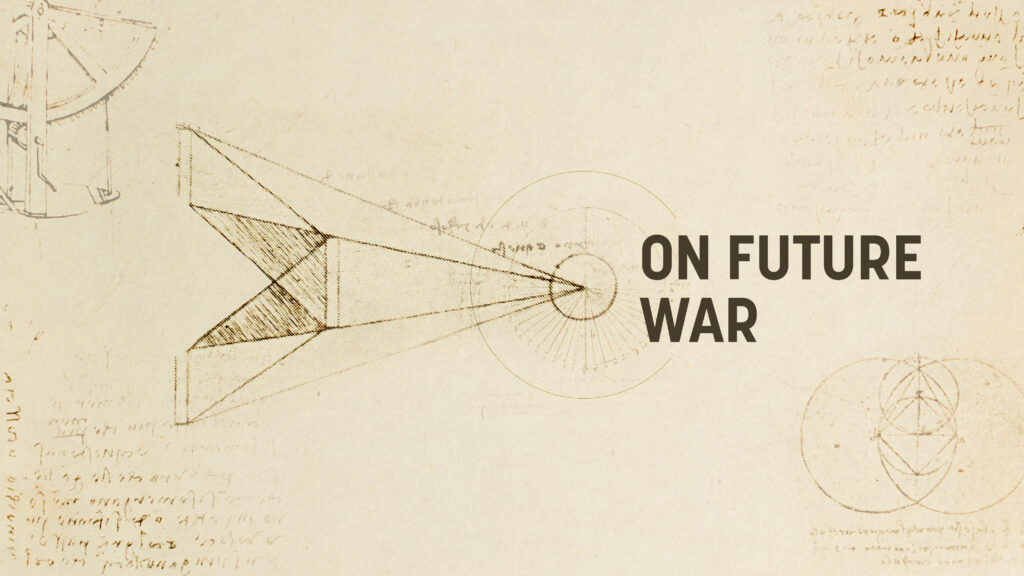future . . .
- Through cyberspace, societies are held hostage by state and non-state actors who seek to target the most vulnerable as part of a massive online political warfare campaign. Instead of costly, aggressive cyber campaigns, malicious actors are using new forms of aggression aimed at undermining trust in governments by disrupting basic needs and services such as food aid and medical assistance. insidiously creating a reverse value target.
- Gender dynamics will play an increasingly important role in shaping perceptions of cyber threats, especially in the context of misinformation campaigns. Manipulating gender-based differences through deepfakes and computational propaganda will exacerbate fault lines that adversaries can exploit to further polarize societies and undermine trust and confidence in governing institutions.
- Mistrust of government will worsen as the public struggles to understand cybersecurity strategies and the funding levels needed to protect critical infrastructure. Governments will continue to face the challenge of balancing the ways and means necessary to educate their citizens about evolving cyber threats and protect their ability to deliver public goods online.
This report was made possible by support from Gray Space Strategies and the Carnegie Corporation of New York as part of a larger research project for Booz Allen Hamilton.


